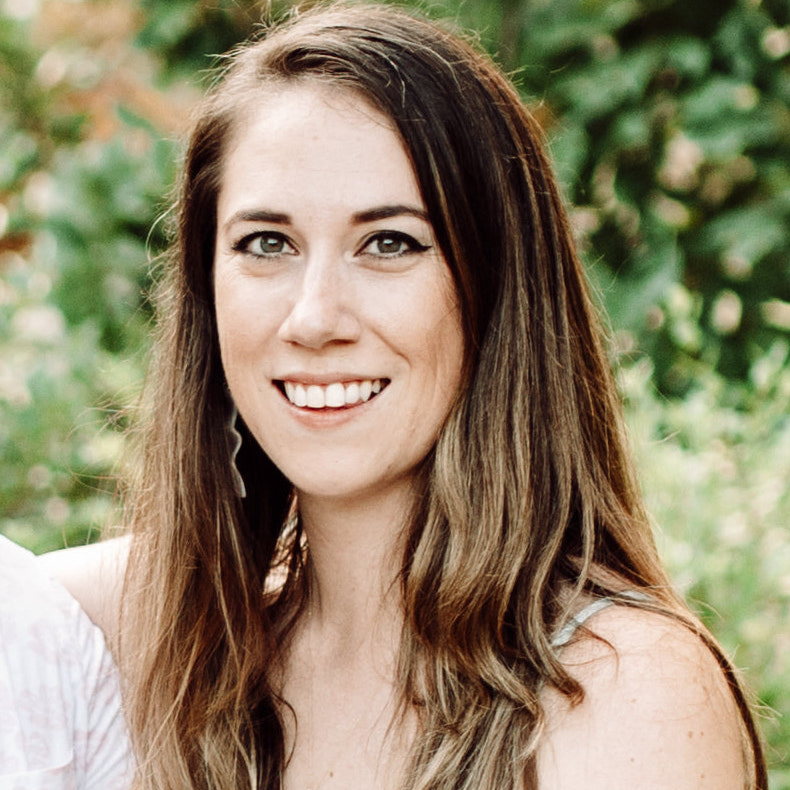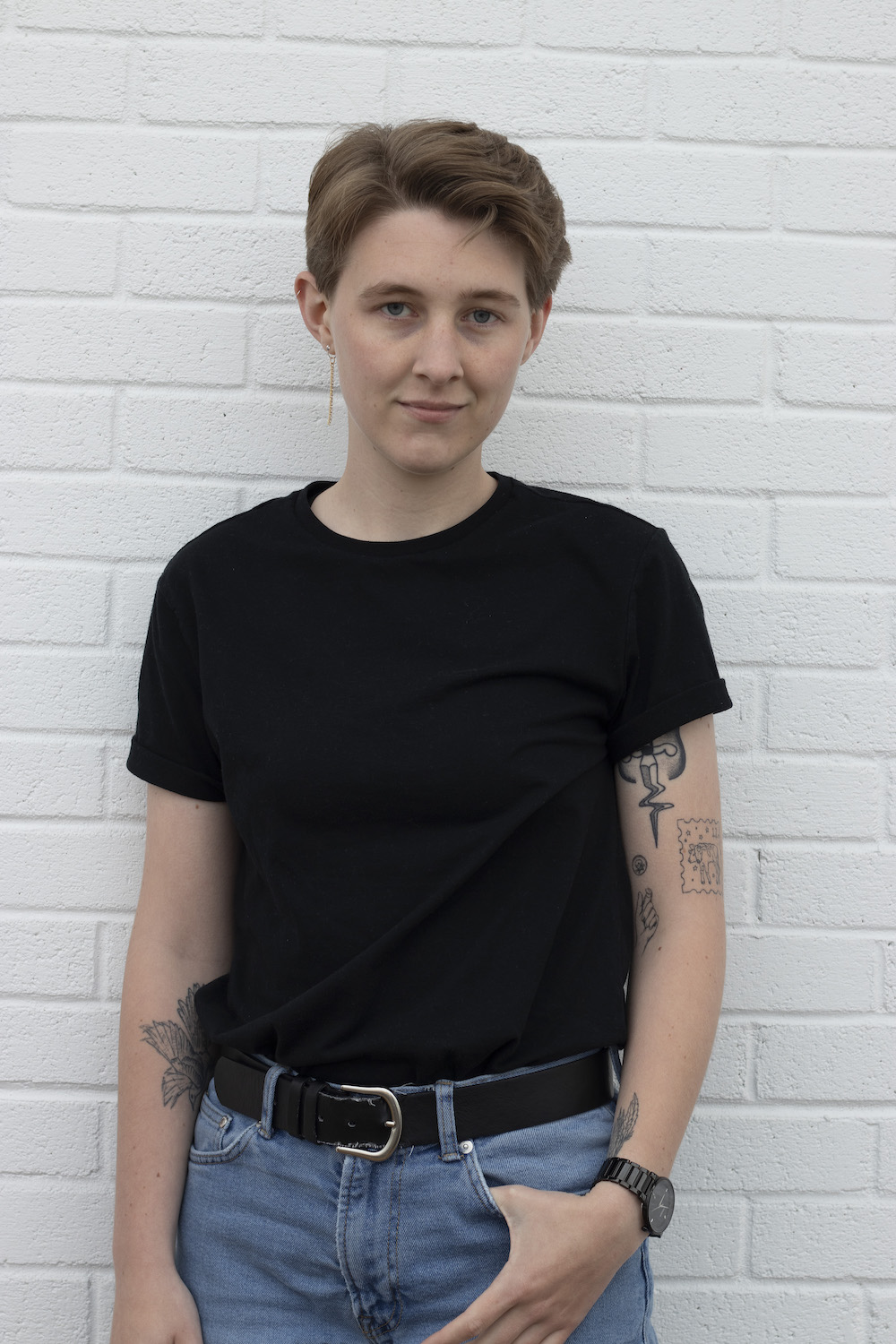Descript is just as useful for podcast production powerhouses as it is for solo podcasters— which is why we wanted to ask The Podglomerate how Descript helps them produce their many critically acclaimed, award-winning podcasts.
The Podglomerate has been a big player in the podcast industry since 2016, through its efforts in podcast production, marketing and audience development, and monetization. Today, it works with more than 70 podcasts—accounting for more than 30 million monthly downloads—ranging from narrative-driven stories and sound-rich dramas to branded series and interview shows from the likes of NPR, Freakonomics Radio, and A+E (among many, many others).
For this interview, we spoke to Chris Boniello, Podglomerate VP of Production Services. The interview has been edited for length and clarity.
Tell me about how you use Descript at The Podglomerate.
We use Descript on a daily basis to transcribe our interview-based shows (including The Podglomerate’s weekly audio deep dive Podcast Perspectives, as well as The Progress Network’s acclaimed news podcast What Could Go Right?) and all the interviews we do for our narrative productions (like the Signal Award-winning literary podcast Missing Pages). It’s fast and lets us turn around the transcript to our producers almost instantly. For interview shows we also use it to build our final transcript that goes out to our website and is listed on the various podcast players.

On the narrative side, we use it to create a first pass of selects from our longer interviews. It helps us quickly highlight and paste important clips into a new composition and hear our favorite interview moments. It also helps us see what information we may be missing and whether we need to go back to grab another quick interview. Then we build our initial assembly edits within Descript before moving full into an edit within a DAW [Digital Audio Workstation, i.e., an audio editor].
What brought you to Descript? Was there a particular challenge you were trying to solve?
We came to Descript in the very early days — I believe I got my first look at the software in 2017 at Third Coast [International Audio Festival]. We were looking for something that not only helped save time and money on transcription but could assist in speeding up our assembly or radio edit process for the first pass on larger narrative or documentary projects. At the time, we were using various websites and beta testing the transcription built into a few NLEs [Non-Linear Editors, i.e., video editors], but they weren’t fully functioning yet, so Descript really hit on all of the gaps we were trying to fill.
What Descript features do you and your teams find particularly valuable?
The ability to quickly build an assembly edit by moving around larger chunks of text and having the audio move to match.
How does Descript help you collaborate on a podcast production?
We use it across our full team. It allows the assistant editors to drop in raw interview content for a producer to review and create selects. Then the selects can quickly be sent to our writers, who can craft their narratives initially with the selects and then can jump back into the full interview if they’re looking for more context or other pieces of tape.
From there, the editors can also jump in if they need to see the context of a piece of tape. Or maybe they want to extend or see the next question from the interview while making sure the narrative is still being supported.
When the executive producers step in, it allows the team to quickly answer, “Is there more to this question from the interview?”
What workflow advice would you offer to other podcast teams working in Descript?
On bigger narrative projects: timecode is the boss! Descript helps keep track of the timecode from an interview so we often take larger interviews that are recorded locally and sync all of the participants before bringing the larger file into Descript for transcription. This way when we move into the DAW, all of the timecode across the project for that interview is synced. We can always jump back from the DAW into Descript and look for more pieces of tape or find the larger context of a selection that we’re using.

Tell me about Missing Pages. What can listeners look forward to in the new season?
Book bans are on the rise across America. Book publishers are losing their power as the industry gatekeepers. More and more celebrities and influencers are publishing books with ghostwriters. Writing communities are splintering because members are at cross purposes about their mission.
In the second season of Missing Pages, we’re exploring all of these changes in the industry and aim to set the record straight. This specific second season features a new mini-series format on trending topics and news headlines. In each mini-series, host Bethanne Patrick, a world-renowned literary critic and publishing insider, speaks with notable guests like New York Times bestselling author Jodi Picoult,Publishers Weekly Co-Editorial Director Jim Milliot, and Slate Books and Culture columnist Laura Miller, among others.
For more information about The Podglomerate, click here.
































